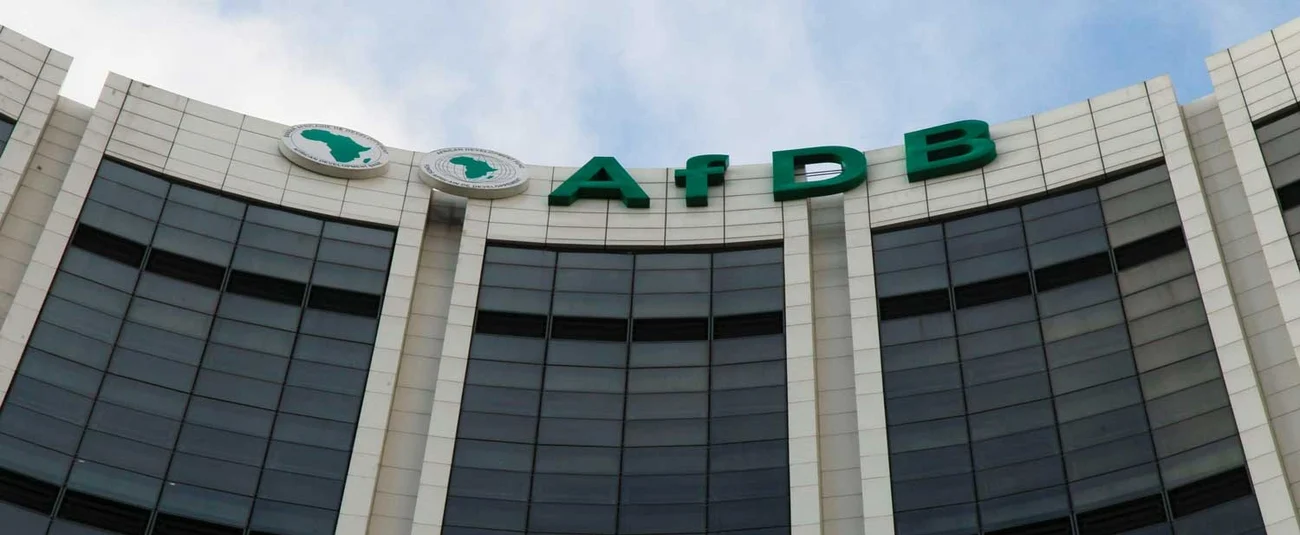A member of the Central Bank of Nigeria’s Monetary Policy Committee, Murtala Sabo Sagagi has voiced concerns that the proposed increase in the Federal Government of Nigeria’s Ways and Means limit from 5% to 10% will result in a significant increase in excess liquidity in the Nigerian economy.
Sagagi highlighted that this trend raises the potential of aggravating inflationary pressures and undermining the CBN’s efforts to stabilize the economy through tight monetary policy.
This is according to a document containing the statements of the MPC members released by the CBN.
Sagagi stated that the large infusion of funds into the economy, particularly the N22.7 trillion in Ways and Means financing in 2023, has already resulted in substantial economic disruption.
He said “The massive injection of the naira into the economy through ways of means totalling 22.7 trillion in 2023 created unprecedented economic dislocation.”
He also warned that raising the Ways and Means limit could exacerbate the government’s spending appetite, leading in an overflow of liquidity that could disrupt the financial sector and the whole economy.
His statement read “The FGN increased ways and means from 5% to 10%. This is likely to increase the government appetite to spend more, thereby generating excess liquidity.”
The MPC member emphasized that, while the CBN’s current monetary policies have had a favourable impact on inflation and the naira, increasing government borrowing could offset these advantages.
Sagagi underlined the importance of a balanced strategy, arguing that improvements in government budget management, interest rates, inflation control, and export promotion are critical for long-term economic growth.
He advocated improved coordination between monetary and fiscal policies to ensure that the CBN’s attempts to manage inflation are not hampered by fiscal dominance.
The MPC member also recommended that the federal government reconsider its decision to increase the Ways and Means limit and instead focus on promoting fiscal discipline to enhance investor confidence and maintain economic stability.
The Senate and the House of Representatives recently enacted legislation to enhance the percentage of Ways and Means loans that the Central Bank of Nigeria (CBN) can make to the federal government.
The upper chamber of the Nigerian legislature increased the credit facility available to the federal government from the central bank from 5% to 10% of the fiscal year’s revenue.









